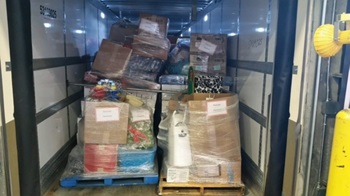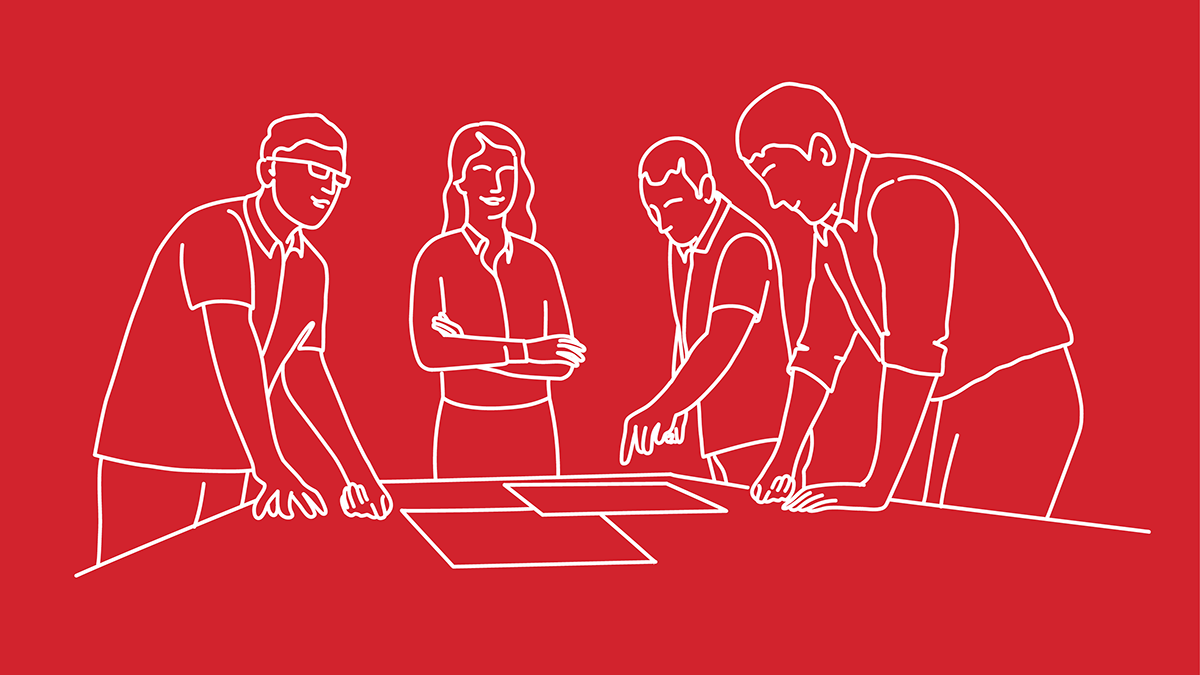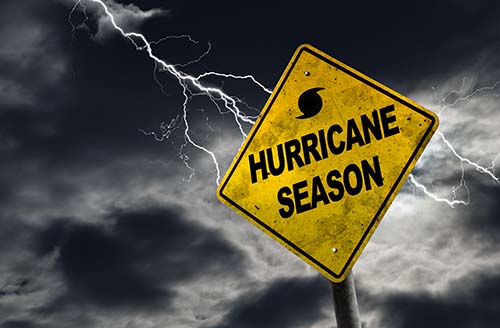By: Doug Baker, Vice President, Private Brands, Technology, Industry Relations, Food Marketing Institute
 Over the past week, our members in Hurricane Florence’s path experienced waves of destruction and frustration, but they maintained constant communication with their private sector contacts at FEMA and faster transitioned this natural disaster crisis from a response effort to recovery mode. The food retail and wholesale businesses in the Carolinas continue to face infrastructure and access challenges due to the nature of the slow-moving storm and cresting waterways, which is why FMI remains engaged with members and the broader community about how they can help these companies get back to serving their communities and customers.
Over the past week, our members in Hurricane Florence’s path experienced waves of destruction and frustration, but they maintained constant communication with their private sector contacts at FEMA and faster transitioned this natural disaster crisis from a response effort to recovery mode. The food retail and wholesale businesses in the Carolinas continue to face infrastructure and access challenges due to the nature of the slow-moving storm and cresting waterways, which is why FMI remains engaged with members and the broader community about how they can help these companies get back to serving their communities and customers.
Here’s what you should know, which is also detailed on FMI’s Hurricane Florence resource page.
Food Safety:
The security and quality of food remains top of mind, and a written Food Safety Emergency Plan should identify the food products and equipment temperatures that should be monitored and documented, including the frequency and tools needed and the criteria for discarding food. For those of you who are not in the middle of a natural disaster, you may seek pre-approval of emergency operating plans by local regulatory authority to remain in operation during conditions such as loss of electricity or water service. The FMI resource page has direct links to USDA, FDA and CDC resources and the Conference for Food Protection Emergency Preparedness and Response guide.
According to the social media conversations observed this week, consumers also need information about how to properly handle food in their own homes. You can consider tips and Q&A fromUSDAand FDAin addition to toolkits from the Partnership for Food Safety Education.
U.S. Small Business Administration Disaster Assistance:
Homeowners, renters and business owners in the following counties are eligible to apply for assistance under FEMA’s Individual and Households Program. This includes assistance provided by the Small Business Administration (SBA) to businesses, private nonprofit organizations, homeowners and renters. Click here.
Donation Information:
There are multiple ways to donate; some east coast companies are establishing specific channels for their shoppers to donate through reputable relief service organizations. The government continues to emphasize that cash is best and to donate through established charities due to challenges with fraud schemes circulating via websites, social media and even texting campaigns. Below are several resources that you can share with your stores and customers.
- The New York Times article Sept. 15, 2018 Tropical Depression Florence: How to Help
- Red Cross Hurricane Florence Relief
- Salvation Army Hurricane Florence Relief
- Feeding America
Tell Your Recovery Stories:
FEMA’s Twitter handleis curating and retweeting stories of recovery and response efforts via the hashtag #Florence. Leveraging social media channels during a crisis is always an effective way for you to share your stories or retweet/share critical information with your customers in the affected areas.
The National Hurricane Center is currently watching two areas of interestthat aren’t necessarily expected to make landfall in the U.S., but these storms remind us that it’s important to prepare when the sun is out. For more preparedness information and strategies, please visit FMI’s Crisis Continuity siteand download the new Natural Disaster Guide.


 Industry Topics address your specific area of expertise with resources, reports, events and more.
Industry Topics address your specific area of expertise with resources, reports, events and more.
 Our Research covers consumer behavior and retail operation benchmarks so you can make informed business decisions.
Our Research covers consumer behavior and retail operation benchmarks so you can make informed business decisions.
 Events and Education including online and in-person help you advance your food retail career.
Events and Education including online and in-person help you advance your food retail career.
 Food Safety training, resources and guidance that help you create a company food safety culture.
Food Safety training, resources and guidance that help you create a company food safety culture.
 Government Affairs work — federal and state — on the latest food industry policy, regulatory and legislative issues.
Government Affairs work — federal and state — on the latest food industry policy, regulatory and legislative issues.
 Get Involved. From industry awards to newsletters and committees, these resources help you take advantage of your membership.
Get Involved. From industry awards to newsletters and committees, these resources help you take advantage of your membership.
 Best practices, guidance documents, infographics, signage and more for the food industry on the COVID-19 pandemic.
Best practices, guidance documents, infographics, signage and more for the food industry on the COVID-19 pandemic.
